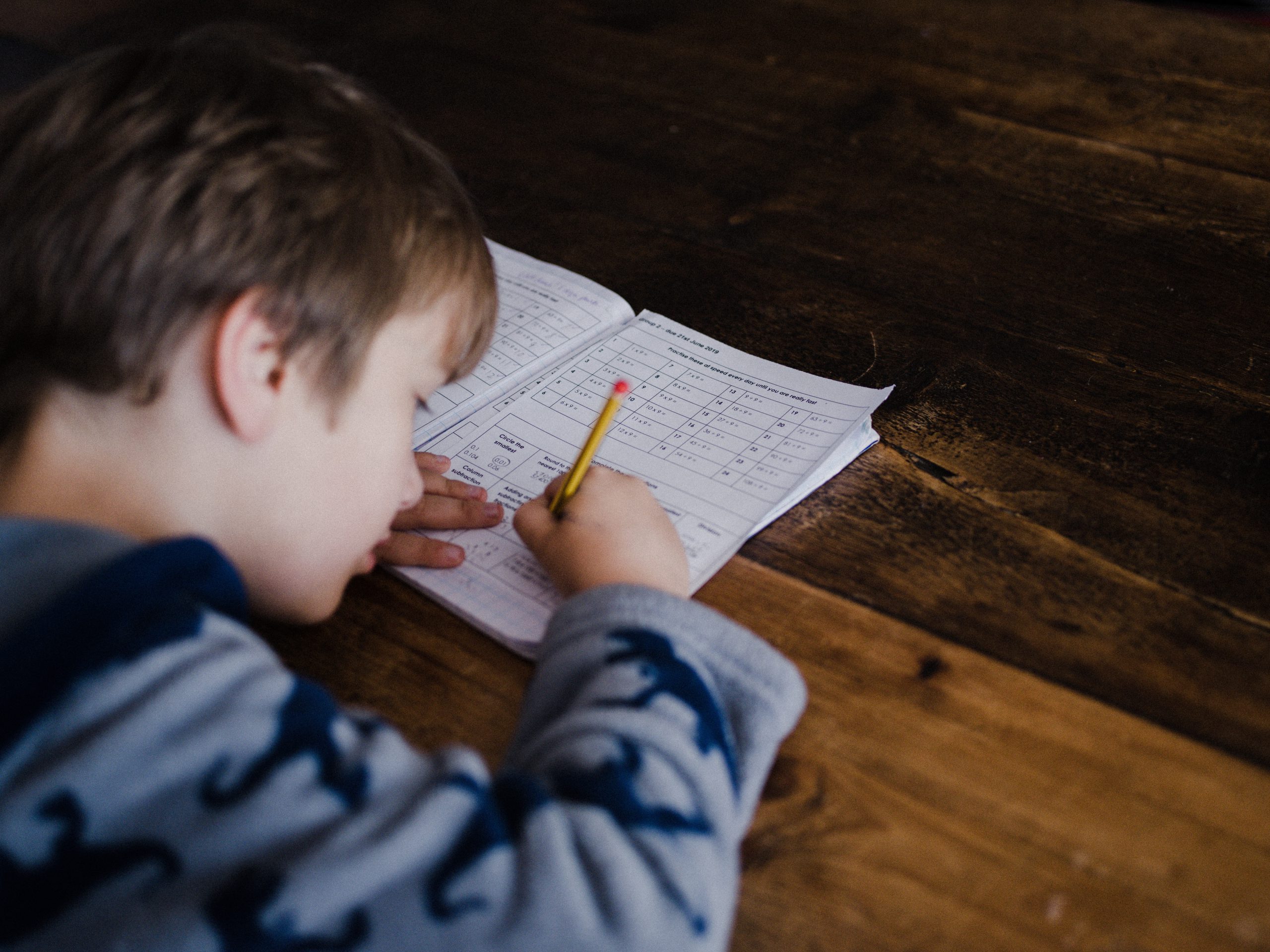by Dr Kimberley Cunial
Supporting your child’s schooling from home may be a new experience for many families during these challenging times. Dr Kimberley Cunial offers some tips for parents, as a registered Teacher as well as a Clinical, Educational and Developmental Psychologist.
- Talk to your child about the changes happening in their world, in a simple and calm manner. This is important to lower their anxiety levels. Try to contain how much they are seeing or hearing in the media, as over-exposure can escalate their worries.
- Emphasise the positive aspects of them learning at home.
- Try to model calmness to your child. They pick up on the distress of others and internalise this.
- Try to keep a predictable structured routine – with a 9am to 3pm school day and planned breaks for food and play. Think about creating a colour-coded visual schedule and placing this in a visible area such as on the fridge. You may even want to incorporate smart technology to play fun songs at scheduled break times.
- Try to have break times occur outside in fresh air if possible, as long as physical distancing may be maintained. This may include eating and playing in the back yard.
- Try to schedule English and Mathematics tasks earliest in the day, while your child is at their most mentally alert.
- Remember not all learning needs to be “pencil and paper”. Find creative ways your child may demonstrate their learning.
- Find opportunities for learning in hands-on “real life” ways. Examples may include cooking, daily “challenges” that draw on skills across multiple curriculum areas, scavenger hunts, experiments, etc.

- Empower your child with choices in their routine. Collaborate with them when creating the schedule together. Allow them choice in the kinds of activities they complete each day as well as the way they demonstrate their learning.
- Remember that these are challenging times and your child may not be able to focus as easily as they perhaps can during regular times. Be flexible and make allowances.
- Incorporate frequent movement breaks in your child’s learning. These would most likely be natural opportunities offered to your child at school (moving between activities, classrooms, and so forth). During times of stress, movement becomes even more important.
- Keep a consistent sleep schedule with the same waking and bed times. Sleep is foundational for wellbeing at the best of times and even more important now.

- Make wellbeing a priority. It is the bedrock of everything – including engagement in learning. A happy calm child will be more resilient and do better in all other areas. Make time each day for wellbeing activities such as meditations, mindfulness, and relaxation exercises. Consider using some helpful apps such as Smiling Mind.
- Each day, schedule time for creativity. It helps to keep the brain stimulated and is good for wellbeing. This can include arts and crafts, music, dance, drama, etc.
- Include reading every day. Think about opportunities for shared reading among family members, for connection time.
- Make time for exercise every day. This is important for wellbeing but also health. Your child would be having opportunities for exercise in multiple ways at school – whether that includes extra curricular activities and sports, walking to school or the bus, moving between classes, completing physical education classes, or running around during lunchtime.
- Involve your child in making “school lunches”. Consider baking together to prepare for these.

- Make time for regular social connection. You may want to think of ways your child can regularly connect with their peers, such as over the phone, via face time, or through platforms such as Microsoft Teams, Zoom or Skype where multiple friends can join in.
- Set goals for each day and week, and celebrate achievements.
- Set up a reward system and involve your child in this process.
- Use the internet to your advantage. There are many websites (many offering free access during these challenging times) offering tools to support online learning. This may include read-aloud sites such as Vooks or streams offered through You Tube Kids, as well as websites offering year-level or curriculum specific content, in addition to websites offering dedicated support to home schooling or distance education.
- Connect with your school. Your school may be sharing educational content and assessment through One Note, The Learning Place, Microsoft Teams, SEQTA, or some other platform. Talk to your school about what processes they are using and what materials are required. Find out how your school prefers to communicate and check in regularly as needed.
- Reach out to others. This may include setting up a Facebook group, WhatsApp group chat, or some other way of connecting, where you and other families can support each other, share information and offer tips/ideas.
- Remember this difficult time will pass and you are not alone. We are in this together.

